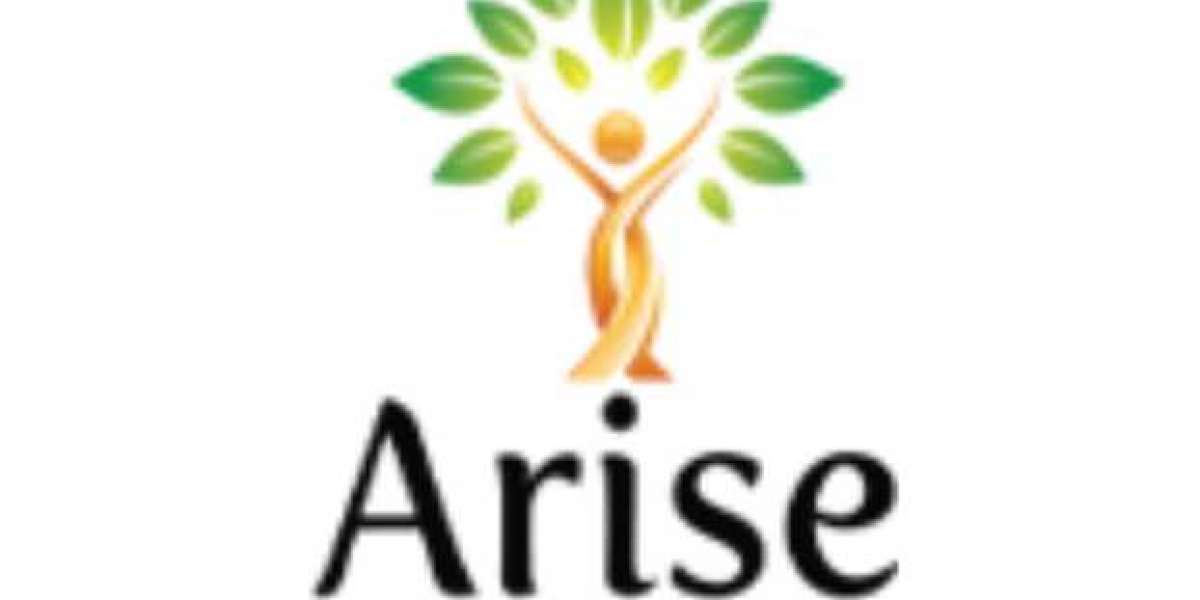Goldman Sachs, one of the world's leading investment banks, is renowned for its rigorous training programs that cultivate top talent in the financial industry. The Goldman Sachs syllabus provides a comprehensive education to aspiring professionals, equipping them with the necessary skills, knowledge, and insights to excel in the dynamic world of finance. This article explores the Goldman Sachs syllabus, highlighting its key components and how it prepares individuals to become future financial leaders.
Foundational Finance Knowledge
The Goldman Sachs syllabus begins with a strong emphasis on foundational finance knowledge. Students delve into core concepts such as financial markets, corporate finance, accounting principles, and valuation techniques. This solid grounding ensures that participants develop a comprehensive understanding of the fundamental principles that underpin the financial industry.
Quantitative Skills and Data Analysis
In today's data-driven financial landscape, quantitative skills and data analysis play a crucial role. The Goldman Sachs syllabus recognizes this and includes coursework dedicated to enhancing these skills. Participants learn statistical analysis, financial modeling, and programming languages such as Python and R. These quantitative skills enable students to analyze complex financial data, make informed decisions, and develop robust financial models.
Investment Banking and Capital Markets
Goldman Sachs is renowned for its expertise in investment banking and capital markets. The syllabus provides an in-depth exploration of these areas, covering topics such as mergers and acquisitions, initial public offerings (IPOs), debt and equity financing, and financial advisory services. Participants gain insights into the intricacies of deal-making, capital raising, and the overall functioning of investment banks.
Risk Management and Compliance
Managing risk is a critical aspect of the financial industry, and the Goldman Sachs syllabus ensures that participants are well-versed in this area. The curriculum covers various risk management techniques, including credit risk, market risk, and operational risk. Additionally, participants gain an understanding of regulatory frameworks and compliance standards, equipping them with the knowledge to navigate complex financial regulations and ensure adherence to industry guidelines.
Global Markets and Trading
The Goldman Sachs syllabus also delves into global markets and trading, providing participants with insights into the dynamics of equity, fixed income, and derivative markets. Students explore trading strategies, market analysis, and risk mitigation techniques. The curriculum incorporates real-world case studies and simulations to simulate trading environments, allowing participants to gain practical experience in making informed trading decisions.
Leadership and Professional Development
Beyond technical skills, the Goldman Sachs syllabus places a strong emphasis on leadership development and professional skills. Participants engage in workshops and exercises focused on communication, teamwork, leadership, and ethical decision-making. These sessions help individuals develop their interpersonal skills, enhance their ability to collaborate effectively, and cultivate a strong professional presence.
Ethics and Responsible Finance
Goldman Sachs upholds a commitment to ethical and responsible finance practices, and the syllabus reflects this ethos. Participants explore ethical considerations in finance, sustainable investing, and corporate social responsibility. The curriculum encourages individuals to consider the broader impact of financial decisions and to foster a responsible approach to finance in line with the bank's values.
Internship Opportunities and Networking
In addition to the comprehensive syllabus, Goldman Sachs offers internship opportunities that provide participants with practical experience in a professional setting. Interns have the opportunity to work alongside industry experts and gain firsthand exposure to the daily operations of the financial world. Moreover, the internship program facilitates networking opportunities, allowing participants to connect with professionals in the industry and build valuable relationships.
Conclusion
The Goldman Sachs syllabus is designed to empower individuals with the skills, knowledge, and experiences necessary to thrive in the world of finance. From foundational finance knowledge to quantitative skills, investment banking, risk management, and professional development, the curriculum covers a wide range of essential areas. By preparing participants to tackle real-world
challenges, fostering ethical decision-making, and offering valuable internship opportunities, Goldman Sachs equips individuals with the tools needed to become future financial leaders who can navigate the complexities of the global financial landscape with confidence.








